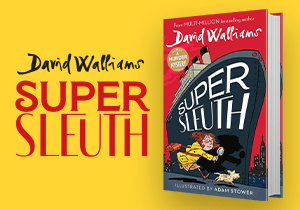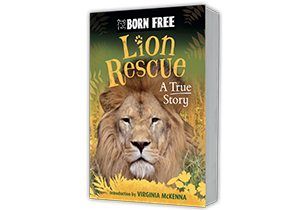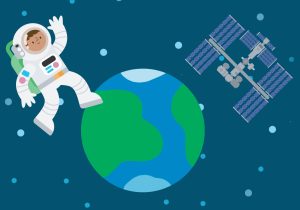
Nat Geo Kids guide to summer fun!
Check out these 45 fun ideas for summer activities at school and on holidays!
This fun resource gives children 45 ideas for things to do this summer. This includes; 20 boredom busters perfect for home and school, 10 ideas for a day at the beach and 15 ideas for getting outside (including 11 for the garden and 4 for exploring woodlands).
Discover lots of different ways to make the most of the summer holidays, as well as ideas for summer school activities and ideas for fun final lessons before the end of the school year in our National Geographic Kids’ summer primary resource sheets.
The teaching resource can be used as a printed handout for class time, or for children to take home with them for the summer holidays.
Activity: Print the resource and complete the tasks. Children could take copies home with them, or on nature walks in the woodland, so that they can use the scavenger hunt tick list.
N.B. The following information for mapping the resource documents to the school curriculum is specifically tailored to the English National Curriculum and Scottish Curriculum for Excellence. We are currently working to bring specifically tailored curriculum resource links for our other territories; including South Africa, Australia and New Zealand. If you have any queries about our upcoming curriculum resource links, please email: schools@ngkids.co.uk
The National Curriculum for Science aims to ensure that all pupils:
- develop understanding of the nature, processes and methods of science through different types of science enquiries that help them to answer scientific questions about the world around them
This science primary resources assists with teaching the following Lower Key Stage 2 (Year 3) Science objectives from the National Curriculum:
Pupils should be taught to use the following practical scientific methods, processes and skills
- gathering, recording, classifying and presenting data in a variety of ways to help in answering questions
- recording findings using simple scientific language, drawings, labelled diagrams, keys, bar charts, and tables
- identify that animals, including humans, need the right types and amount of nutrition, and that they cannot make their own food; they get nutrition from what they eat
This primary resource assists with covering the following Expressive Arts Early level objectives from the Scottish Curriculum for Excellence:
- I have the freedom to discover and choose ways to create images and objects using a variety of materials.
Scottish Curriculum for Excellence First level Expressive Arts objectives:
- I have the opportunity to choose and explore a range of media and technologies to create images and objects, discovering their effects and suitability for specific tasks.
Scottish Curriculum for Excellence Third level Expressive Arts objectives:
- I have experimented with a range of media and technologies to create images and objects, using my understanding of their properties.
This primary resource assists with covering the following Sciences Early level objectives from the Scottish Curriculum for Excellence:
- Through creative play, I explore different materials and can share my reasoning for selecting materials for different purposes.
Scottish Curriculum for Excellence First level Sciences objectives:
- I can distinguish between living and non living things. I can sort living things into groups and explain my decisions.
Scottish Curriculum for Excellence Second level Sciences objectives:
- I can use my knowledge of the interactions and energy flow between plants and animals in ecosystems, food chains and webs. I have contributed to the design or conservation of a wildlife area.
Download primary resource
More Like

Super Sleuth – A murder mystery book!

The awesome book series from Born Free!

Share your images with astronauts
in space!










LEAVE A COMMENT
THANK YOU
Your comment will be checked and approved shortly.
WELL DONE,
YOUR COMMENT
HAS BEEN ADDED!
COMMENTS
CUSTOMIZE YOUR AVATAR